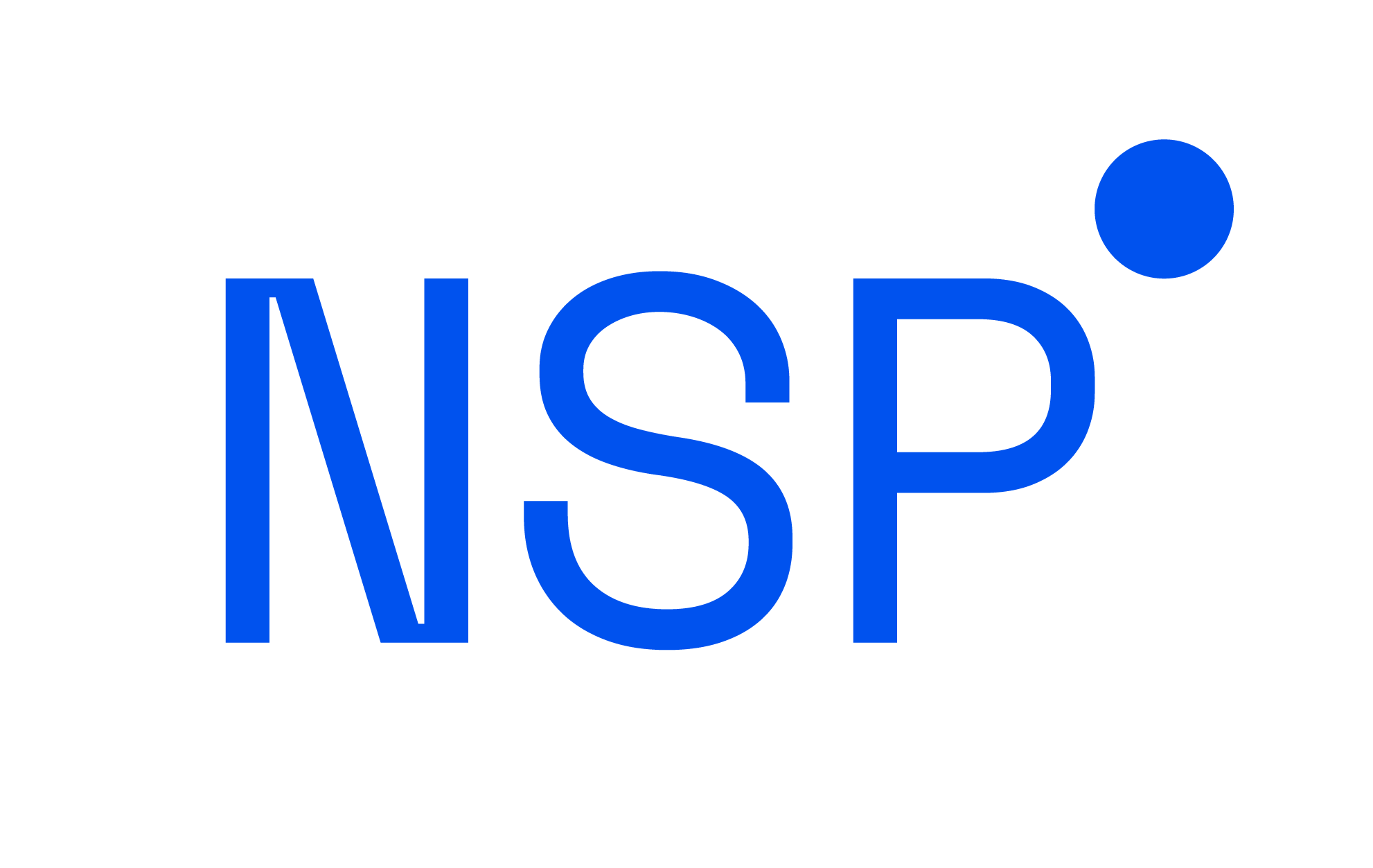
Before I start telling you about the Nestore European project, to which we have dedicated some of our best resources in the last year, we would like to draw the lines of the technological and methodological innovations that are emerging in both public and private health sectors.
In recent years, medicine has demonstrated the effectiveness of revolutionary healthcare innovations, ranging from the invention of vaccines to the discovery of antibiotics.
It is interesting to mention the development of telemedicine, which allows doctors and patients to communicate remotely, and to exchange data from monitoring tools such as wearables and smart clothes.
Furthermore, Augmented and Virtual Reality are now able to help students with their studies, for example through virtual and interactive teaching programs, with the possibility of seeing human anatomical structure and operations where and when they want.
This has significantly decreased the costs and timeframes of health education, and perhaps it will increase the number of students enrolled in medical degree courses.
At the same time, viewers for mixed reality (in-between virtual and augmented reality) are spreading on several levels. Doctors can use them to make remote visits or to visualize patient data virtually and in real-time.
The Microsoft HoloLens is the device that seems to have had the most success in the field; There are countless case studies in which they have been used both for teaching and as real-time support for doctors in the operating room.
Artificial Intelligence is also becoming central to the treatment and diagnosis of health problems. At the moment, numerous studies are trying to demonstrate it by searching for patterns in the medical records of sick subjects, it is possible to predict whether the same disease will take place or not in healthy individuals.
Although the results of these studies have been criticized by the international scientific community, the application of AI for health will probably make a difference in the coming years.
Future innovations, however, do not stop there. There are also the use of 3D printers for the creation of functioning organs, studies on the sequencing and modification of human DNA, and the creation of "living" nanorobots for the treatment of the most insidious diseases.
In addition to the technological applications that are emerging, Deloitte traces the path of future methodologies that health systems seem to have taken in recent years, highlighting three macro-trends:
- Health systems will shift their focus from disease treatment to prevention and well-being;
- The technological platforms will allow the free and safe flow of data of individuals, groups of subjects, health institutions and the environment around them. By analyzing these data, operators can make decisions in real-time;
- Greater involvement of patients in their health dynamics will guide their attitudes and behaviors towards greater empowerment.
In the next few years, the biggest problem that national health systems, especially Western ones, will face will be the increase in the average age of citizens. As per today, the necessary budget for the sector increases every year; it’s necessary to change strategy and modus operandi.
Today, technology is the most practical and realistic solution for the previously discussed issue which it has shaped the three trends highlighted by Deloitte.
All three trends make up the fundamentals of the European project for the sustenance of the elderly, in which Neosperience is participating. Nestore is a health digital coaching program based on AI and Machine Learning algorithms. It takes the form of an application that users, located in the +65 age group, can use independently.
Within the Nestore application, there are some of the most innovative tools, such as:
- An intelligent activity management system, which recommends wellbeing pathways based on users' habits and physical possibilities, integrated with wearables and environmental sensors;
- Environmental sensors "count" visits from friends and relatives, to control the user's social interactions and help them not to suffer from loneliness;
- One of the latest innovative chatbots enables a truly human dialogue between machine and patient, and which can recognize the emotions of those who use it;
- An algorithm that recognizes food, and its nutrients, via the smartphone’s camera;
- Personalized games to improve users' memory and reflexes;
- A social network to share interests and activities among Nestore’s members, to live together and improve their mental health.
In general, Nestore's goal consists in improving users' daily lives by stimulating responsibility in behavior and a healthy lifestyle. Physical and psychological data are shared with doctors and health personnel, who are thus able to act promptly in case problems arise.
Nestore aims to be a useful and essential tool for public and private actors in the health sector in order to reduce the cost of therapies without sacrificing the quality of the service.
Health is and will always be one of the most important fields of application where it’s possible to test the latest technological and methodological innovations. Today, we live in times where the chances of a structural crisis in the sector are growing more and more; working to find useful solutions to avoid it is a satisfaction and an opportunity that makes us proud.


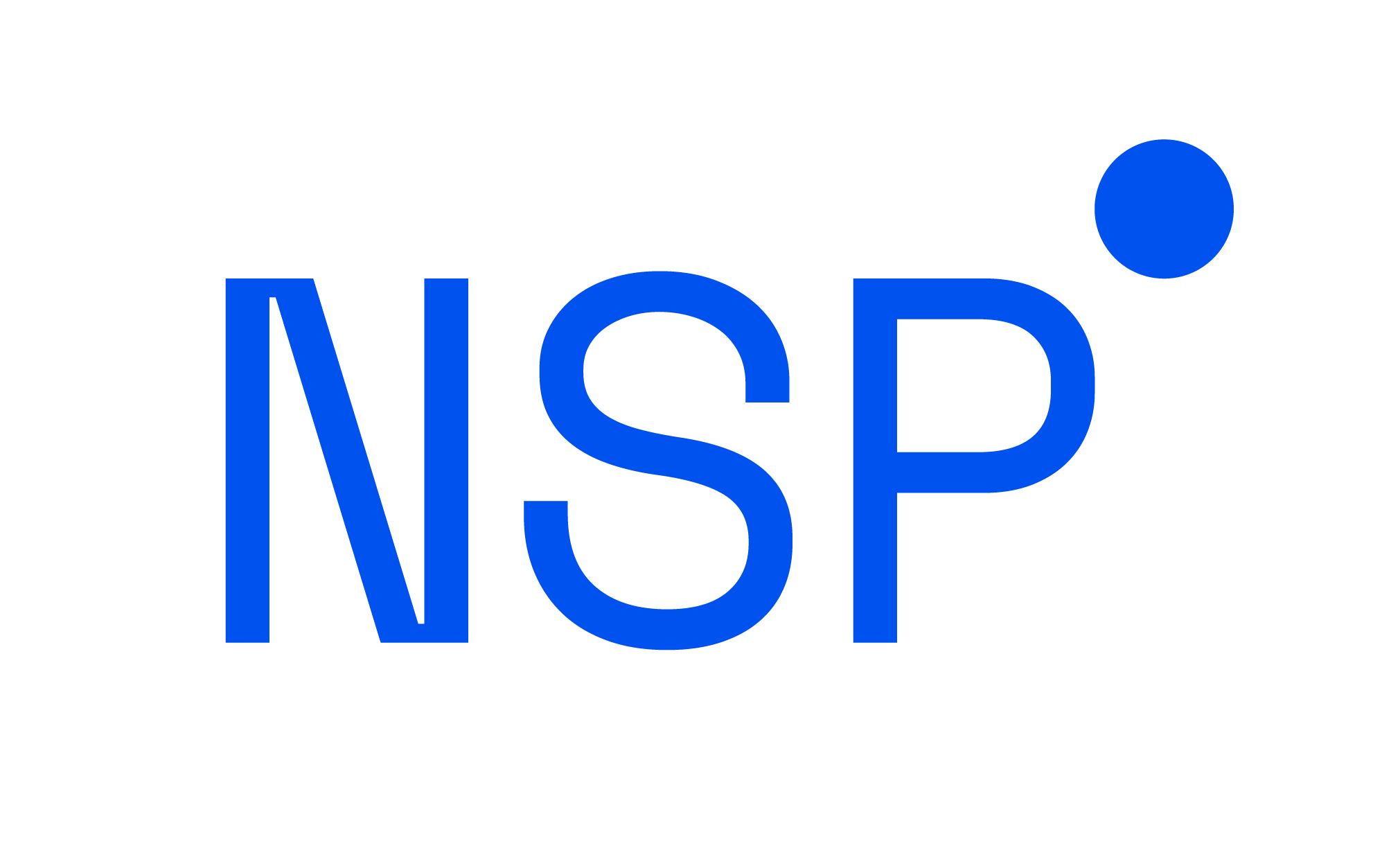
 Your magnifing glass to deeply understand your users and increase the value of each relatonship.
Your magnifing glass to deeply understand your users and increase the value of each relatonship. Listen to the voice of your customers deeply to understand what they truly want.
Listen to the voice of your customers deeply to understand what they truly want. The Lead Generation Platform to get leads from anonymous traffic on your website.
The Lead Generation Platform to get leads from anonymous traffic on your website.  Understand the behavior of people in physical spaces and monitor safety requirements.
Understand the behavior of people in physical spaces and monitor safety requirements.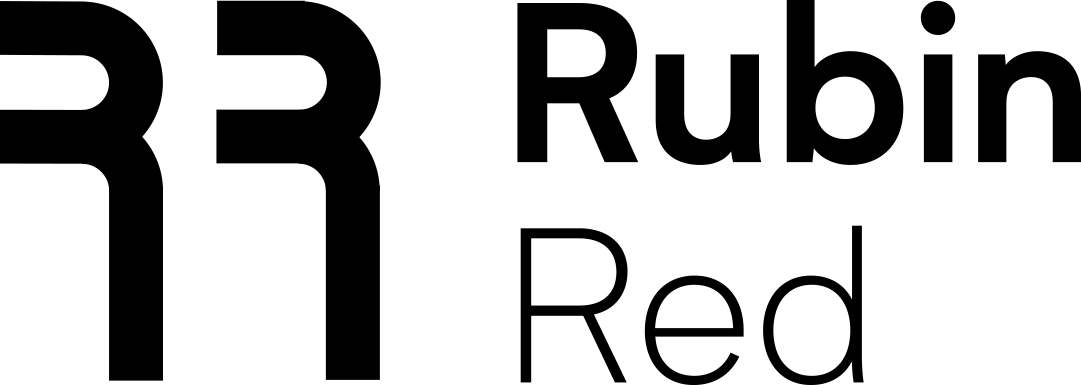 The Digital Commerce Platform designed to follow the most modern technological standards..
The Digital Commerce Platform designed to follow the most modern technological standards.. The XReality platform to tell brand and product stories by connecting physical and digital worlds.
The XReality platform to tell brand and product stories by connecting physical and digital worlds. Points, rewards, levels, badges, missions: a world of nudges to nurture your customer community.
Points, rewards, levels, badges, missions: a world of nudges to nurture your customer community.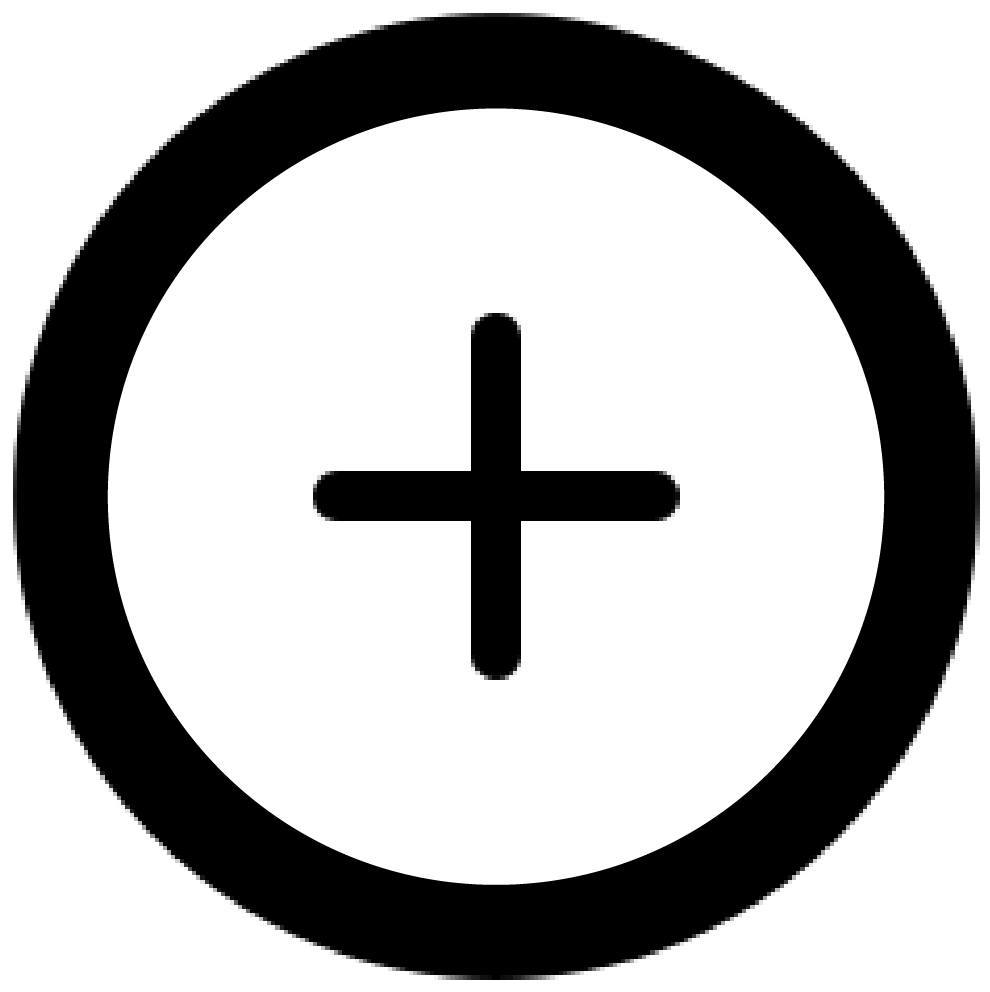 Discover all the other solutions!
Discover all the other solutions!



